In India, the volume of certified organic goods is a very small percentage compared to the actual volume of organic products that are being produced by small scale organic farmers and producers, making organic certified goods a niche market.
◊ By Mathew John
Note: To find organic brands, organic product suppliers, and organic shops in India, buy the Organic Directory
Have you wondered where the food on your table comes from?
Most probably, it has been grown by a small farmer, one of the 500 million family farms (less than 2 hectares) who produce more than 70-80% of the food consumed around the world.
Yet, as customers, markets, and the state, we rarely focus on them while building policy frameworks. It is time that we bring to the forefront of dialogues, a combination of biodiversity, small farms, forest produce and livelihoods of these individuals — it is only then that sustainability will become the goal for this planet.
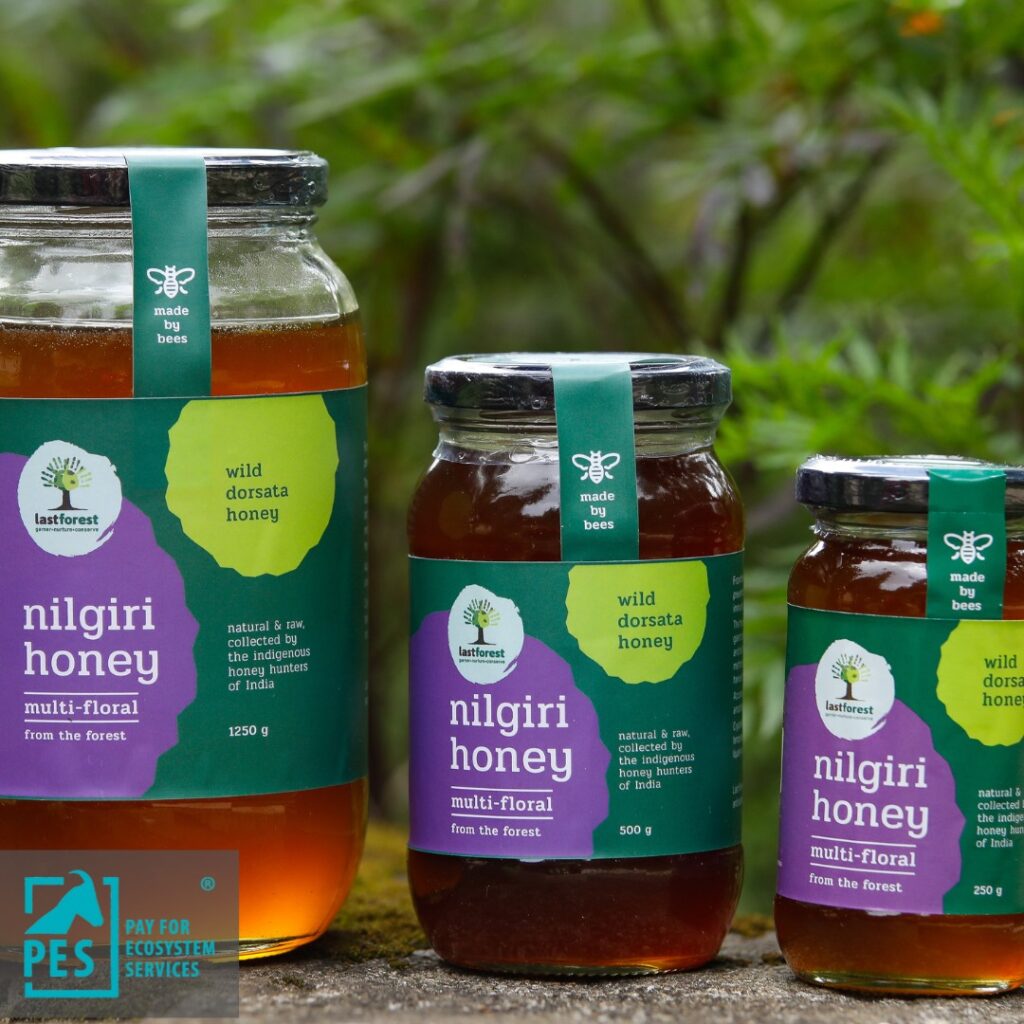
Wild forest honey from the giant Indian Rock Bee, Apis dorsata
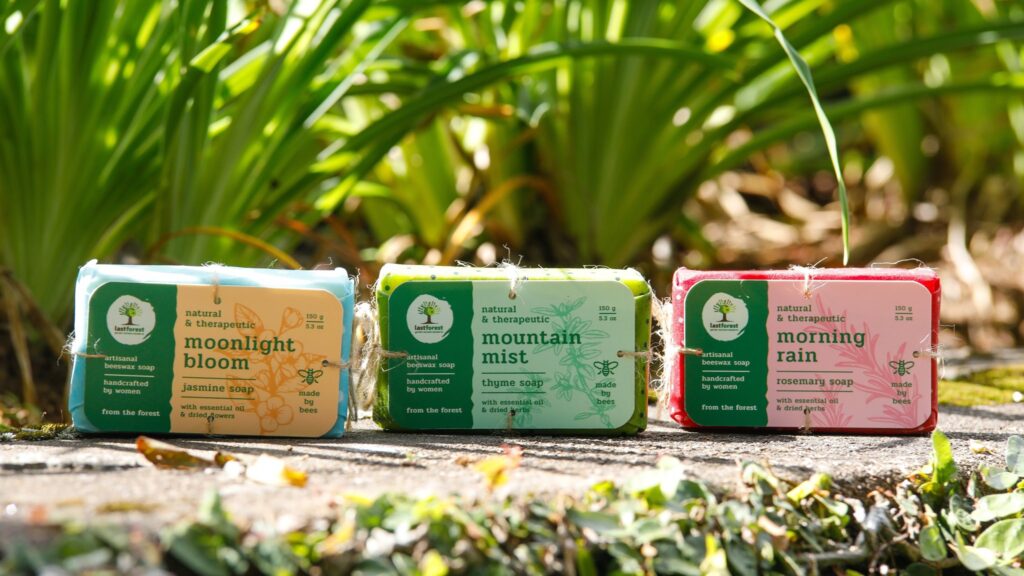
Beeswax soaps by Last Forest
‘ORGANIC’ MUST STRETCH BEYOND THIRD-PARTY CERTIFICATION TO INCLUDE SMALL FARMERS
As demand for organic produce increases around the globe, certification has become an integral part of the market.
Right from the local supermarket where we look for that little certification logo to large consignments leaving the country through export — certification has taken centre stage in building the credibility and genuineness of the product.
But this volume of certified organic goods is a very small percentage compared to the actual volume of organic products that are being produced by small scale organic farmers and producers, making organic certified goods a niche market.
Certification can be a long process and costly for most farmers and small enterprises to afford, even when their produce is free of chemicals.
It is crucial to include more small enterprises and farmers in the market by considering bringing goods that are not necessarily third-party organic “certified” into various markets.
INDIGENOUS COMMUNITIES & LOCAL PRODUCERS CAN HELP ACCESS HUGE UNTAPPED MARKET
For us, at Last Forest, working with indigenous communities, this has become an integral part of our work. As its mission, it pioneers sustainable living choices by connecting markets and communities.
Last Forest is a sustainable marketplace providing eco-friendly and artisanal products that directly involve communities.
Our endeavour to marry communities with markets has resulted in a production capacity of 20 tonnes of wild forest honey a year, with our operations involving 6,500 indigenous persons from 150 villages across the Nilgiri Biosphere Reserve.
Promoting local markets and local food is a way of ensuring inclusivity of all organic produce. By recognising local food products, inclusivity of this sector in the market of food products can be at par with the larger companies which carry organic certification on their labels.
Participation from all stakeholders in the markets, right from the farmers to the retailers and distributors in the supply chain, ensures transparency in production processes.
Active participation of all stakeholders can cultivate trust between all involved. This way of trust-based certification methods ensures that the larger sector of “uncertified” organic goods get recognition in domestic and international markets.
That’s why IFOAM Organics International has been advocating Participatory Guarantee Systems (PGS) in many local markets around the world. A one-size-fits-all formula does not work in a biodiversity-rich country like India, with various contexts and geographies.
These systems can ensure a huge, hitherto untapped market for organic food products.
UNSUNG HEROES — HONEY HUNTERS
Most of us consume honey but we neglect to acknowledge the significance of the person behind it — the honey hunter, whose arduous task it is to manually harvest honey from steep cliffs and tall trees.
More than 60-70% of the honey in the Indian market is wild forest-collected, from the giant Indian Rock Bee, Apis dorsata, but few acknowledge the honey hunter or the laborious activity of honey harvesting. Sustainable honey hunting has been going on for 1000s of years and is inherently organic.
Last Forest intervenes by being a market intermediary for forest honey and beeswax-based personal care products. These products are sourced and produced by first-generation entrepreneurial women who efficiently manage village-level production centres.
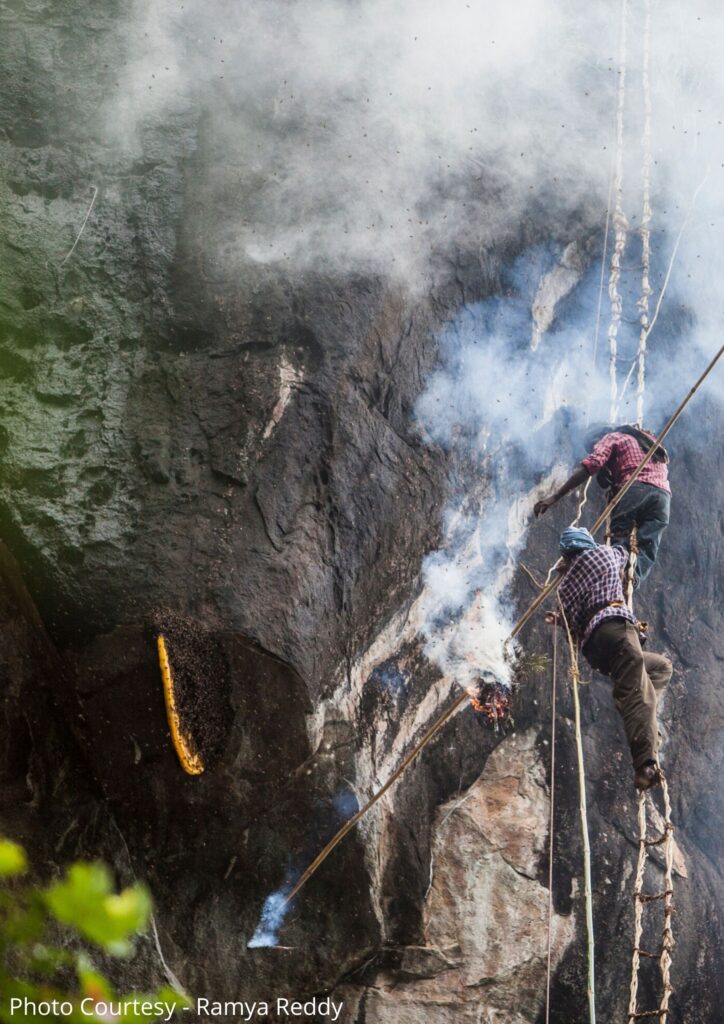
The daring honey hunters of the Nilgiris, whose arduous task it is to manually harvest honey from steep cliffs and tall trees
ABOUT THE AUTHOR
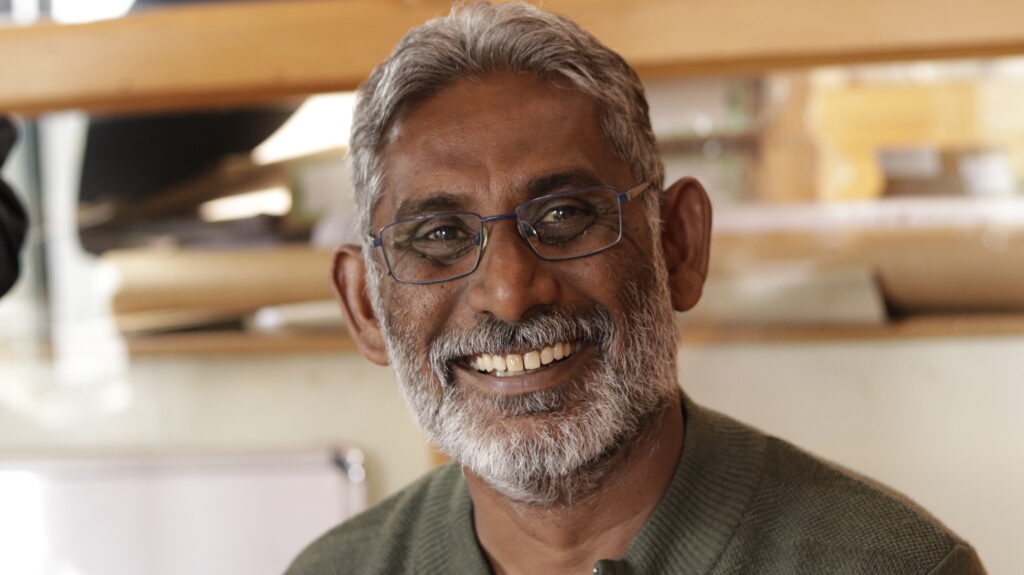
The author is Managing Director, Last Forest Enterprises Private Limited (www.lastforest.in); Co Founder & Director, Keystone Foundation (www.keystone-foundation.org); and President, IFOAM Asia.


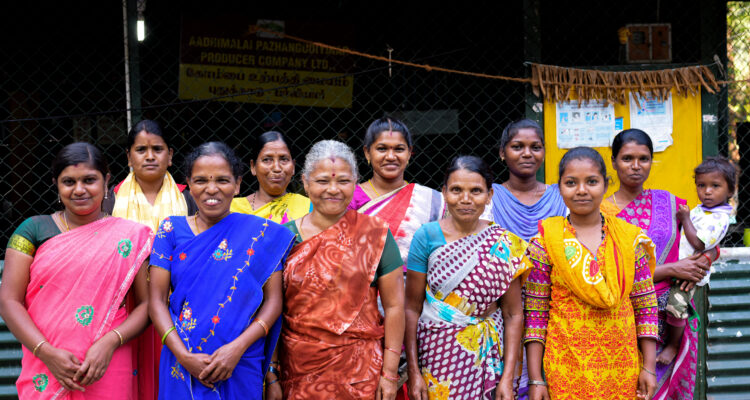
Leave a Reply